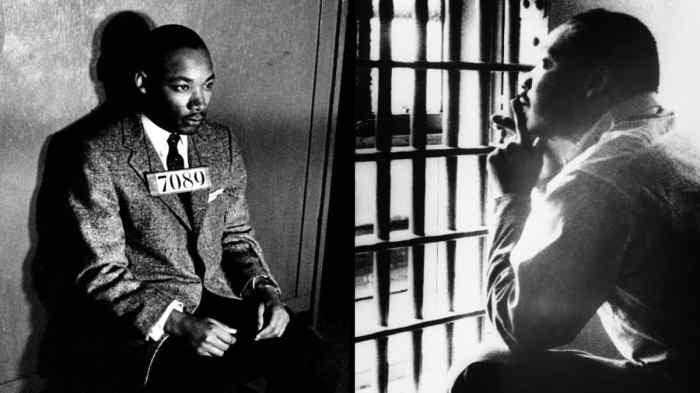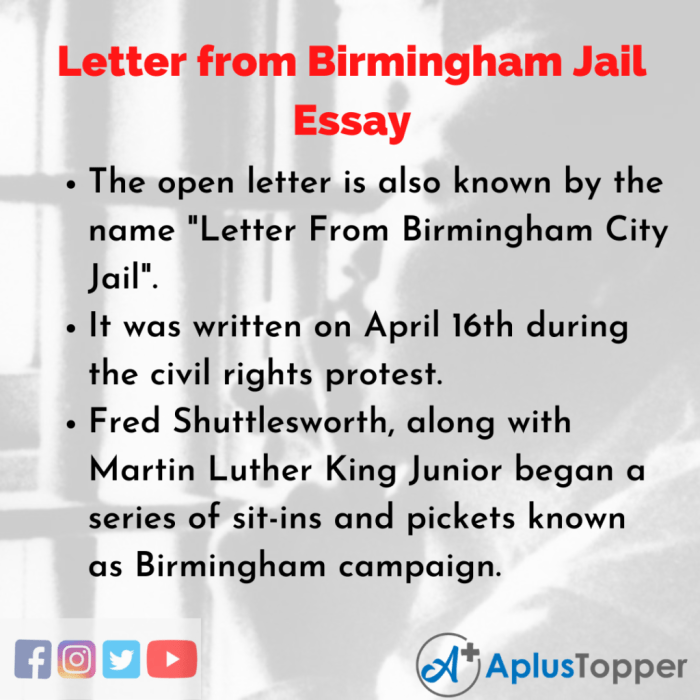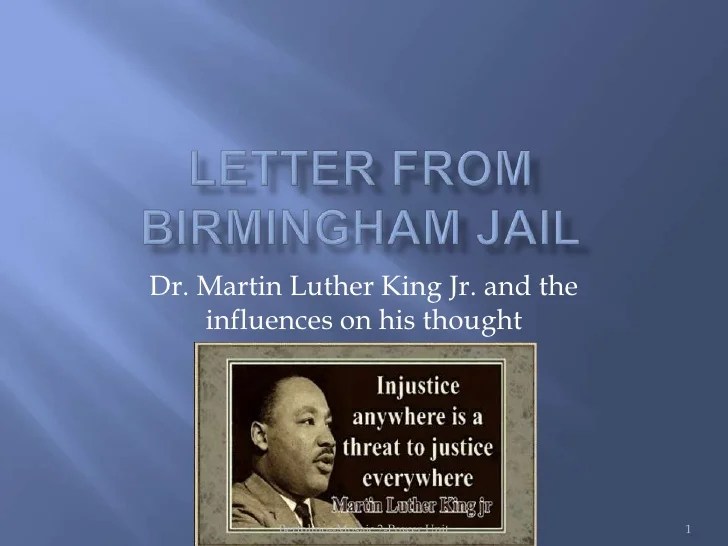The Soapstone Letter from Birmingham Jail, a seminal document penned by Martin Luther King Jr., stands as a beacon of nonviolent resistance and a clarion call for racial equality. Written in 1963 amidst the turmoil of the Birmingham campaign, this letter offers profound insights into the struggle for civil rights and the role of faith in social change.
King’s eloquent prose and persuasive arguments have made the Soapstone Letter an enduring masterpiece of American literature. Its impact extends far beyond its historical context, continuing to inspire and challenge activists and scholars alike.
1. Historical Context

The Civil Rights Movement in the United States was a period of social activism and protest that aimed to end racial discrimination and segregation. The movement gained momentum in the 1950s and 1960s, with key events such as the Montgomery Bus Boycott and the March on Washington.
The Birmingham campaign was a major turning point in the Civil Rights Movement. Led by Martin Luther King Jr., the campaign aimed to desegregate public facilities and businesses in Birmingham, Alabama. King’s “Letter from Birmingham Jail” was written in response to criticism of his nonviolent resistance tactics.
The letter is a powerful defense of nonviolent resistance and civil disobedience. King argues that these tactics are morally justified and effective in achieving social change.
2. Key Themes and Arguments

Nonviolent Resistance
King argues that nonviolent resistance is the most effective way to achieve social change. He believes that violence only breeds more violence and does not address the root causes of injustice.
Civil Disobedience
King also defends the use of civil disobedience, which involves breaking unjust laws in order to protest them. He argues that civil disobedience is a necessary tool for bringing about change when other avenues have been exhausted.
The Role of the Church
King argues that the church has a vital role to play in the struggle for equality. He believes that the church should be a force for social justice and that it should speak out against injustice.
3. Impact and Legacy

Immediate Impact
The “Letter from Birmingham Jail” had a profound impact on the Civil Rights Movement. It helped to mobilize public support for the movement and influenced the Kennedy administration to take action on civil rights.
Public Opinion and Government Policy, Soapstone letter from birmingham jail
The letter also influenced public opinion and government policy. It helped to shift public opinion in favor of civil rights and led to the passage of the Civil Rights Act of 1964.
Lasting Legacy
The “Letter from Birmingham Jail” continues to be a powerful document in the fight for social justice. It is a reminder of the importance of nonviolent resistance and civil disobedience and of the role that the church can play in bringing about social change.
Commonly Asked Questions: Soapstone Letter From Birmingham Jail
What was the purpose of the Soapstone Letter from Birmingham Jail?
King wrote the letter in response to criticism from white clergymen who condemned his nonviolent protests in Birmingham. He sought to explain his philosophy of nonviolent resistance and the urgency of the civil rights struggle.
How did the Soapstone Letter influence the Civil Rights Movement?
The letter became a powerful rallying cry for the movement, inspiring activists and galvanizing public opinion. It helped to shift the national conversation on civil rights and contributed to the passage of the Civil Rights Act of 1964.
What is the significance of the Soapstone Letter today?
The letter remains a timeless document that continues to inspire and inform activists and scholars. It offers valuable insights into the challenges and complexities of social change and serves as a reminder of the importance of nonviolent resistance in the fight for justice.
